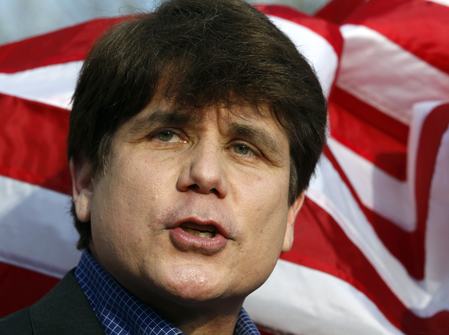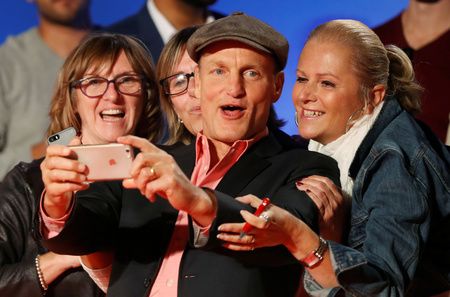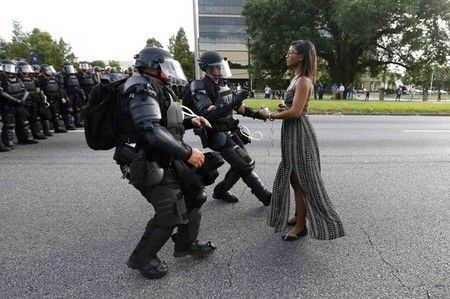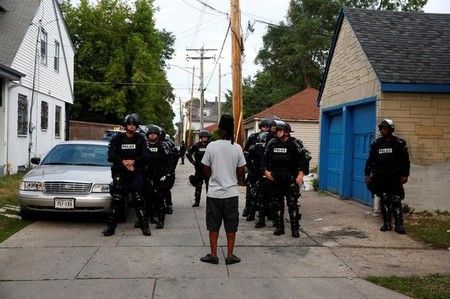Advertisement
U.S. judge upholds 14-year prison sentence of former Illinois governor

By Dave McKinney and Justin Madden
CHICAGO (Reuters) – A federal judge on Tuesday upheld the 14-year prison sentence for former Illinois Governor Rod Blagojevich despite his emotional plea for leniency after an appeals court had set aside part of his public corruption conviction.
U.S. District Court Judge James Zagel ruled Blagojevich, 59, must remain in a Colorado prison, siding with demands by prosecutors that he serve out his original, full sentence through 2024.
“I am sympathetic to … how painful this situation is to them,” Zagel said, referring to Blagojevich’s family. “But as I said four years ago, the fault lies with the governor.”
After Zagel’s decision, his wife, Patti Blagojevich, told reporters the judge’s ruling was “unusually cruel, heartless and unfair.”
“I’m dumbfounded and flabbergasted by the judge’s inability to see that things are different than they were four and a half years ago,” she said of her husband’s original sentence.
Seeking a five-year sentence that would have enabled him to leave prison quickly, the former governor apologized for his “mistakes” and the way he “fought back” against the government.
“I recognize that it was my words and my actions that led me here. I’ve made many mistakes,” he said via a closed-circuit television feed from his prison in Colorado.
Before his 20 minutes of testimony, Blagojevich’s two daughters, 13-year-old Annie and 20-year-old Amy, offered support for their father.
“I almost don’t want to grow up because I want to wait for him to come home,” Annie told the court as her father could be seen on the closed-circuit feed wiping his eyes.
Blagojevich, who took office in 2003, was impeached in 2009 and later indicted and convicted on charges that he attempted to sell the vacant U.S. Senate seat of President-elect Barack Obama to the highest bidder in late 2008.
In 2015, the appeals court tossed five of 18 counts and ordered the resentencing. The appeals court ruled that Blagojevich’s effort to have all counts thrown out was “frivolous” because the evidence against him was “overwhelming.”
But the appeals court found that parts of the conviction that were tossed out involved problems in jury instructions over the possible trading of one public act for another, which it said was acceptable in politics, and the improper trading of a public act for private payment.
Justifying Blagojevich’s existing sentence, Assistant U.S. Attorney Debra Riggs Bonamici told the judge that Blagojevich is “the same man” he was when convicted, and his actions “further revoked trust in public officials.”
(Reporting by Dave McKinney and Justin Madden; Editing by Paul Simao and Jeffrey Benkoe)











